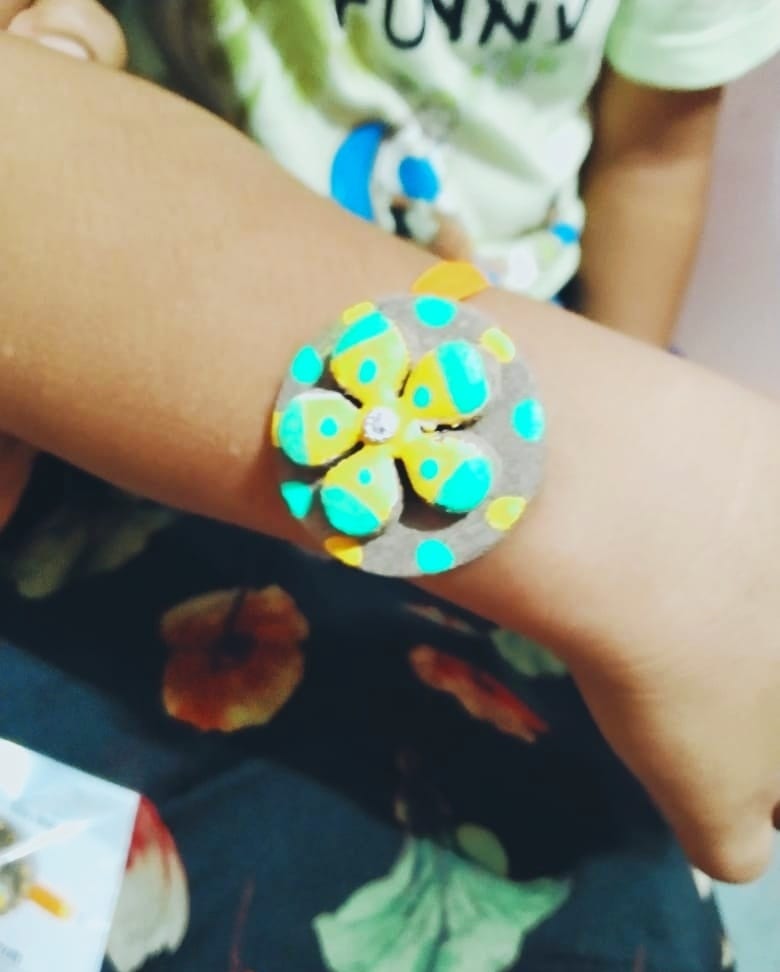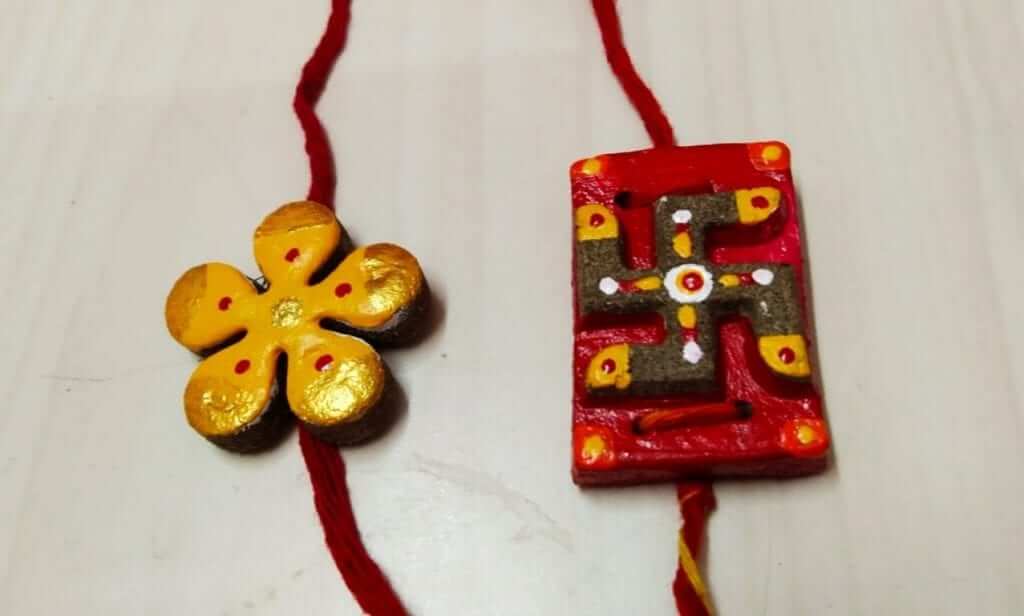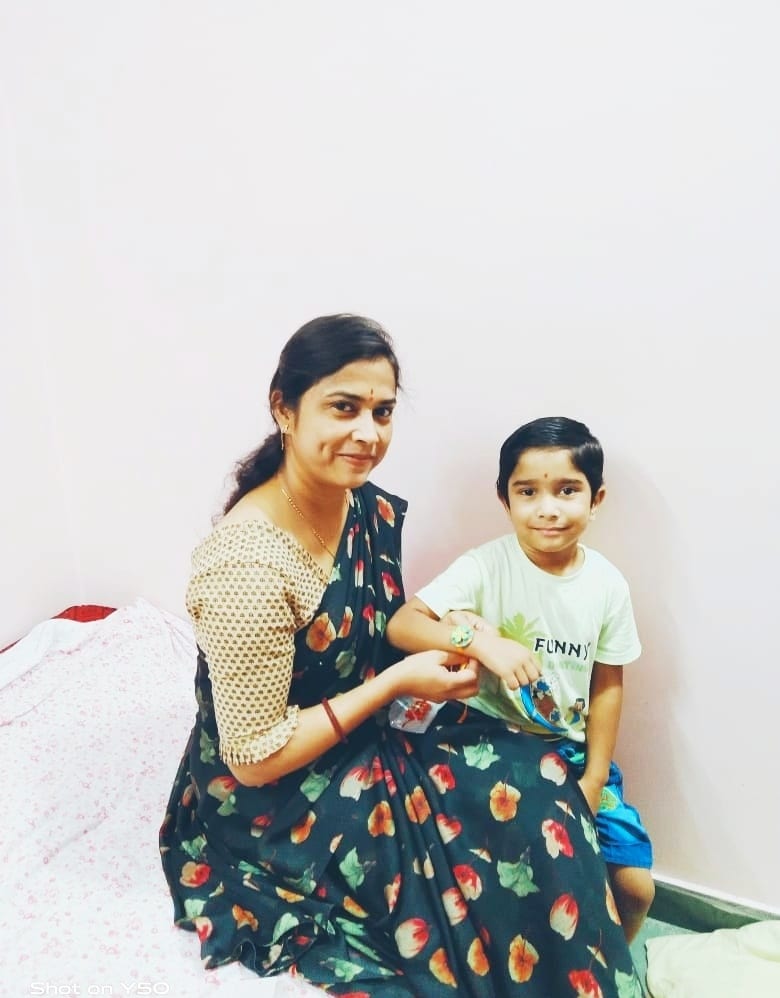
For the upcoming Raksha Bandhan festival, there will be a new, eco-friendly and healthy option in the state of Maharashtra – rakhis made of the dung of the pure Indian breed of Gir cow.
The brainchild of a former banker-turned-academician Priti R. Tembhare, these attractive, sturdy and cheap cow dung rakhis have proved to be popular and in demand this year.
“I started on an experimental basis with around 500 pieces. I personally went to market it, convincing distributors and retailers on the benefits of these cow dung rakhis,” Tembhare explained. “Initially, they were sceptical, but gradually they seem to have embraced it.”
Tembhare runs a ‘Gaushala‘ (cow-shelter) with 200 Gir cows and another 150 abandoned or handicapped cows, oxen or bulls. The popularity of cow dung rakhis in Uttar Pradesh, Chattisgarh, and Madhya Pradesh last year prompted her to start a similar initiative in Maharashtra.
“During the lockdown, many women were rendered jobless in this region. I wanted to do something to make them ‘atmanirbhar’ (self-reliant) with a product that was indigenous, natural and in tune with our age-old traditions,” she said.

She has received orders for over 5,000 cow dung rakhis, the last of which are currently being packaged for dispatch. They cost anywhere between Rs 15 and Rs 50 a piece.
Making cow dung rakhis is time-consuming. Tembhare explains that there are several processes involved like drying the cow dung, converting it into fine powder, and natural binding agents (like neem tree gum and tamarind seeds) to make the rakhis strong.
It takes around a week to produce one final batch of around 1,000 rakhis.
“We had several orders from abroad, but we declined as it proved not viable to send by air cargo in view of the Covid-19 flight disruptions,” said Tembhare.

She was encouraged to pursue the venture by her automobile engineer husband, Rishikumar Tembhare. He currently trains villagers in organic farming and watershed management techniques. He also supplies free water tankers to problem villages in the area.
“Through our NGO, Laxmi Gaushala Charitable Trust (LGCT) and an orchard, we earn by selling Gir cow milk and other products, plus different types of fruits. But it was insufficient to take care of the workers, especially the womenfolk during the lockdown. The cow dung rakhis seem to be a promising venture which can help supplement our income,” Tembhare smiled.
Simultaneously, she plans to launch cow dung idols of Lord Ganesha for the ensuing Ganeshotsav.
“These small idols of Lord Ganesha are embedded with seeds of certain plants like tulsi. After immersions, they will mix with the earth and new tulsi plants will start sprouting,” she said.
There are orders already lined up for Rakshabandhan 2021, which she plans to take up immediately after Diwali.
READ ALSO: Australian Dept of Agriculture sends out biosecurity message for Rakhi




